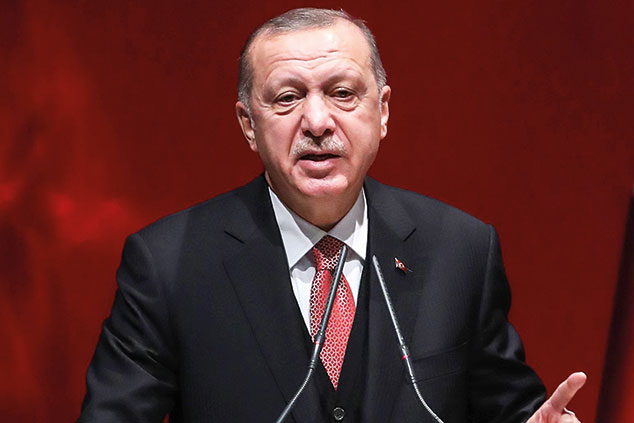
Erdogan’s AK party demanded a recount. When it became clear that that would not deliver the desired result, the party went further – calling for the election to be overturned and re-run. Erdogan has claimed without any compelling evidence that the opposition stole the ballot with the help of “organised crime”. The move threatens to destroy one of “the last remaining pillars of Turkey’s democracy” and has spooked markets, sending the lira down by more than 3% against the dollar since the start of April.
Economic troubles seem to lie at the root of growing discontent with the ruling party, say Selcan Hacaoglu and Onur Ant on Bloomberg. Official data shows that most of the municipalities that swung from Erdogan’s camp to the opposition at last month’s local elections have been disproportionately affected by rising unemployment. Turkey’s jobless rate hit 14.7% in January, its highest reading in a decade. The economy fell into a recession at the end of last year and the lira ended the year down 30% against the US dollar.
The recession has undercut Erdogan’s long record of growth over his 16 years in power, says Richard Pérez-Peña in The New York Times. That has made voters more willing to give the opposition a hearing. AK is keen to cling onto Istanbul not only for its symbolic value – it is Erdogan’s home town – but also because it is a vital source of the municipal contracts and charitable donations that underpin the ruling party’s “network of cronyism and nepotism”. With 15 million people, Istanbul is the most populous city in Europe. The fight over its future will put Turkish democracy to the test.